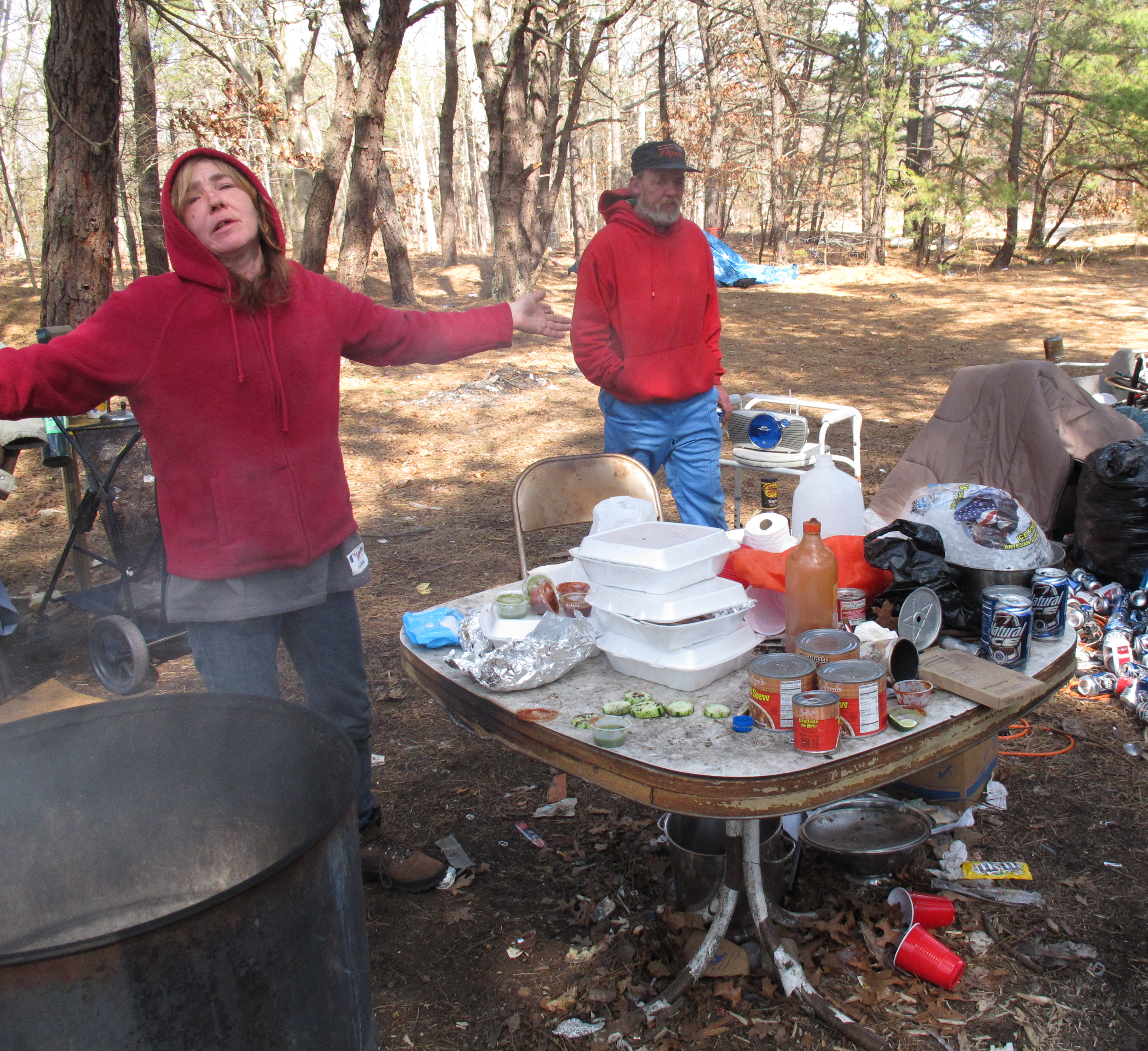Welcome to the second installment of What We’re Reading this Week, where we share 5 must-read articles about poverty in America that grapple with critical issues, inspire us to action, challenge us, and push us to see both problems and solutions from new angles.
Here are our top picks this week:
Paying Employees to Stay, Not Go, by Steven Greenhouse & Stephanie Strom (New York Times)
“If we really wanted our people to care about our culture and care about our customers, we had to show that we cared about them,” Mr. Pepper said. “If we’re talking about building a business that’s successful, but our employees can’t go home and pay their bills, to me that success is a farce.”
We’ve heard the refrain from conservative pundits and musty Intro Economics textbooks: raising the minimum wage will cause widespread job loss and hurt the economy overall. In practice, however, we often see the exact opposite outcome. In fact, states that raised their minimum wages this year saw higher levels of job growth. How can this be? Greenhouse and Strom show how employers who pay higher than the minimum wage actually benefit. Specifically, the article examines fast food chains like Boloco and Shake Shack, which offer workers competitive wage and benefit packages and yield positive returns like reduced turnover and enhanced customer service.
I Clean High School Bathrooms, and My New $15/Hour Salary will Change Everything, By Raul Meza (Washington Post)
I feel fortunate for what I have. I also feel tired a lot, from all the work and from lack of sleep; sometimes I get as little as two hours a night. But what I miss most is time with my son. He’s always asking, “Daddy, where are you going?” Leaving breaks my heart every time. When I think about making $15 an hour, I think mostly of the time that money could buy with my son.
A critical piece often left out of minimum wage debates are the stories of the workers and families who will benefit from a raise. Raul Meza is one such worker whose life is about to change, as his union just negotiated a contract that will raise the wages of 20,000 school workers to $15/hour by 2016. Because Meza has never made more than $10/hour, he’s constantly forced to forego time with his son to work evenings and weekends. As Meza anticipates what life will be like at his new wage, we’re reminded of how raising the minimum wage not only strengthens bank accounts, but also strengthens families.
Get TalkPoverty In Your Inbox
50 Years After Civil Rights Act, Many Households of Color Still Struggle to Get Ahead, by Alicia Atkinson (CFED)
Many want to believe the injustice is over, yet we see over and over again how these factors compound and leave households of color with significantly lower amounts of wealth compared to white households. Specifically, the average African-American and Latino household still owns only six and seven cents, respectively, for every dollar in wealth held by the typical white family. At CFED, we know that income alone is not enough to succeed in the American economy. Having wealth and owning assets like a house or car can improve families’ lives by providing a stable place to live and reliable transportation to get to work.
July marks the 50th Anniversary of the Civil Rights Act. While it’s important to celebrate how far we’ve come in combatting systemic racial discrimination, Alicia Atkinson of CFED reminds us how far we still need to go, specifically in addressing the persistent racial wealth gap. As Atkinson explains, today “we face a quieter, more insidious discrimination” that erects barriers to building savings and wealth in communities of color. It’s important to look closely at the research Atkinson presents on how the financial market is currently serving communities of color in order. To best honor the Civil Rights Movement’s legacy, we must keep fighting to ensure that equal opportunity is not an unfulfilled promise.
This is What Happened When I Drove my Mercedes to Pick Up Food Stamps, by Darlena Cunha (Washington Post)
“We didn’t deserve to be poor, any more than we deserved to be rich. Poverty is a circumstance, not a value judgment. I still have to remind myself sometimes that I was my harshest critic. That the judgment of the disadvantaged comes not just from conservative politicians and Internet trolls. It came from me, even as I was living it.”
Cunha details what it’s like to turn to social safety net programs like WIC and Medicaid as a white, college-educated woman from an affluent background. A constellation of factors led her to apply for assistance, including the housing market crash, a sudden layoff, and the unexpected birth of twins with serious medical needs. Cunha’s story underscores the fact that poverty is much more common and fluid than many realize; in fact, research shows that more than 40% of American adults will be poor for at least a year of their lives. Cunha relates to the stigma that so many people who receive public assistance face, detailing the judgment she experienced in the grocery store while using her food stamps. Of course, what sets Cunha apart from many other WIC recipients is that her story has a happy ending: she recovers financially and is able to keep her Mercedes. The article suggests the role of social privilege in helping people like Cunha regain financial footing.
Meet the First Poor Person Allowed to Testify at Any of Paul Ryan’s Poverty Hearings, by Bryce Covert (ThinkProgress)
Gaines-Turner certainly knows what it means to struggle. She and her husband have weathered two bouts of homelessness together and two of her children suffer from epilepsy while all three suffer from asthma, afflictions that mean they all have to take medication daily. “I know what it’s like to be homeless and to couch surf, to miss meals so my children can have a nutritional meal,” she said. “I know what it’s like to wake up every day wondering where the next meal will come from or how to pay the bills today or will someone come today and cut off the water. I’ve been through all of that.”
As the title suggests, Covert profiles Tianna Gaines-Turner, who testified at Paul Ryan’s fifth hearing on poverty on Wednesday. Of course, it seems commonsense that those who actually have turned to America’s safety net programs would be the most important people to listen to about how they work and can be improved. However, Covert explains how it has not been an easy road to ensure that voices like Ms. Gaines-Turner’s are included in the hearings. Ms. Gaines-Turner now has a chance to tell her powerful story about struggling to make ends meet while faced with serious obstacles. The question is, will lawmakers listen?
To keep up with our reading list throughout the week, make sure to like TalkPoverty on Facebook and follow us on Twitter (@TalkPoverty)! You can also sign up for our weekly emails on the TalkPoverty.org homepage.










